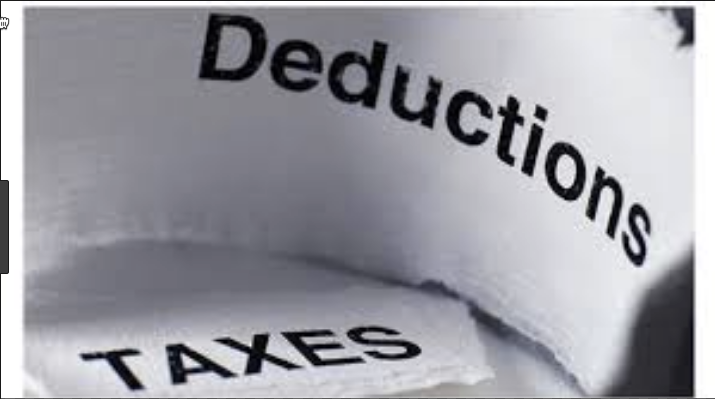WASHINGTON — President Trump’s decision to cap a popular tax break will hit 11 million filers this year, as they can no longer deduct more than $10,000 in state and local taxes from their federal income taxes.
This cap on deductions — intended to lessen the bottom-line cost of Mr. Trump’s $1.5 trillion tax cut — will mean filers cannot deduct $323 billion in state and local tax payments on their 2018 federal returns, according to a Treasury audit that was released on Tuesday.
The report offers the Trump administration’s first detailed public estimate on the effects of one of the law’s most controversial provisions, which largely affects people in high-tax, Democratic-leaning states like New York, California and New Jersey. While 11 million filers will hit this cap, out of roughly 150 million income tax returns, it doesn’t mean all of their total tax bills are rising.
Other analyses suggest many filers will benefit from different parts of the tax cuts, such as the elimination of the alternative minimum tax and the reduction in marginal tax rates. Additionally, the law doubled the standard deduction that taxpayers may take, along with a host of other tax changes.




